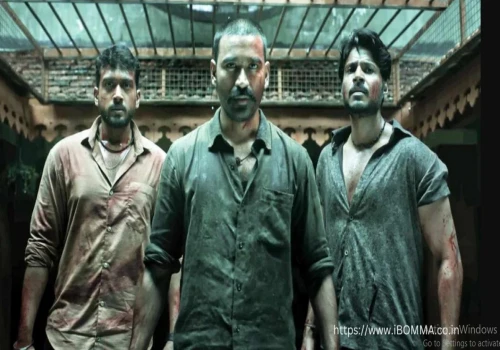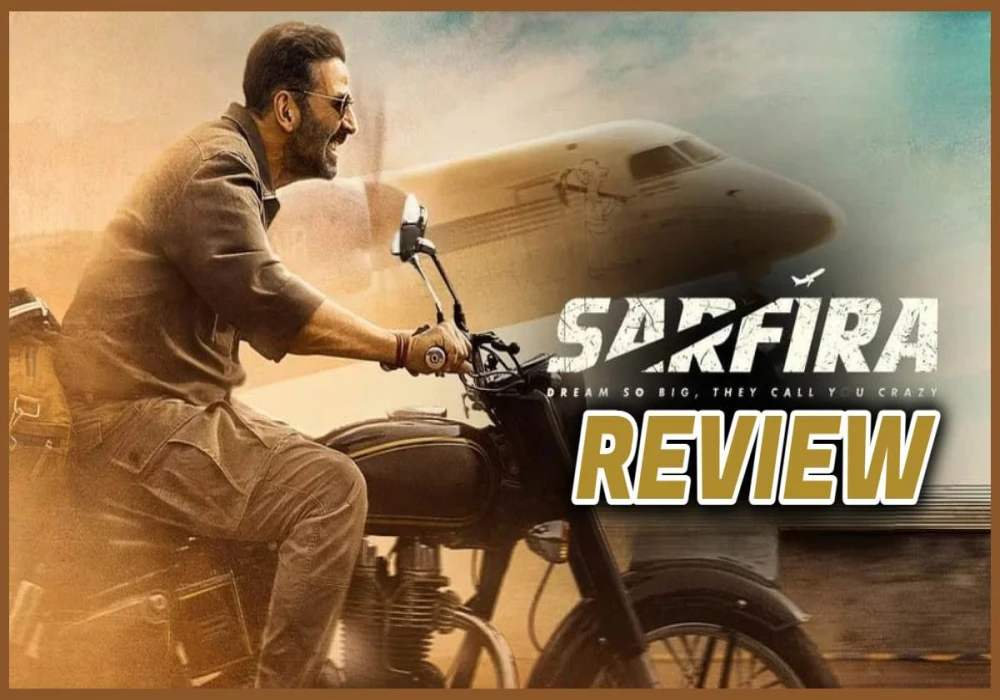
How do you make a real-life story dramatic without making it overly emotional, like an old 60s movie? Sudha Kongara's movie "Soorarai Pottru," about India's first low-cost airline, struggled with this issue. The same problem is present in the Hindi remake directed by Kongara and starring Akshay Kumar.
- Director – Sudha Kongara
- Cast – Akshay Kumar, Radhika Madan, Paresh Rawal, Seema Biswas, Prakash Belawadi, Anil Charanjeett, Rahul Vohra, Irvati Harshe, Gurpal Singh
- Rating – 2/5
In the original Tamil movie, the story takes place in a village in Tamil Nadu. In the Hindi remake, the village is in Maharashtra. The movie starts with a group coming to see Vir Mhatre (Akshay Kumar) for an arranged marriage with Rani (Radhika Madan). Vir is much older than Rani, but the film addresses this quickly so we don't feel uncomfortable. Both characters have big dreams: Vir wants to start a low-cost airline, and Rani wants to open a bakery.
The movie has two main parts: emotional scenes with Vir’s parents, and quieter moments where aviation king Paresh Goswami (Paresh Rawal) creates obstacles for Vir. Vir briefly joins the Army before becoming an entrepreneur. The big question is how Vir will succeed with nothing.
In the original, Suriya creates some sweet moments with his partner, who takes her time to agree to marry him. In the remake, the age difference between Akshay and Radhika is noticeable, and Akshay looks older than his two partners, who help him start Deccan Air. Only Paresh Rawal, playing Vir's main adversary, matches Akshay in age and performance.
Radhika Madan does well as an independent Marathi girl, though her speaking style is a bit odd. The script tries to include her in many scenes, but it doesn't give enough focus to Vir's two main partners until the end. Seema Biswas, as Akshay’s mother, is reduced to a typical Bollywood crying mom, and Belawadi, who plays a supporting role, is forgotten after a short time.
The film mainly focuses on Akshay's character. Akshay Kumar isn’t terrible, but he doesn’t do anything new. Whether fighting for his village, dealing with Army officers, or dancing with Radhika, he plays the same role he always does.
The best part of the movie is the ordinary people enjoying their first flight, showing the success of G R Gopinath’s dream from the memoir "Simply Fly: A Deccan Odyssey." The movie ends with scenes of Gopinath and his team, who turned an impossible dream into reality.



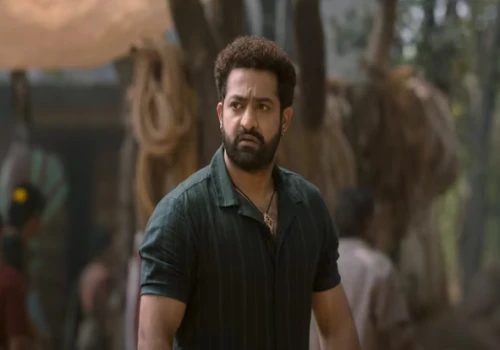
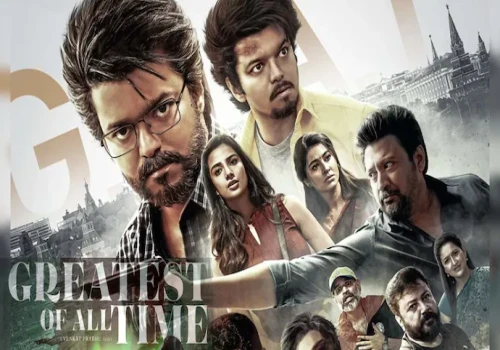
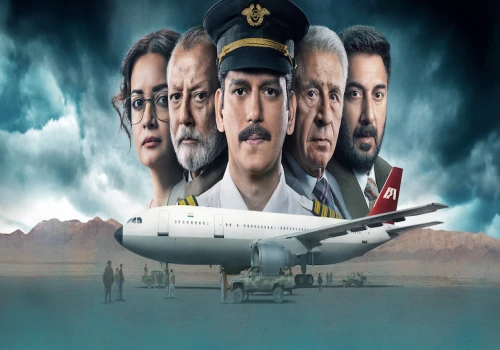

_500_x_350.webp)

_500_x_350.webp)
